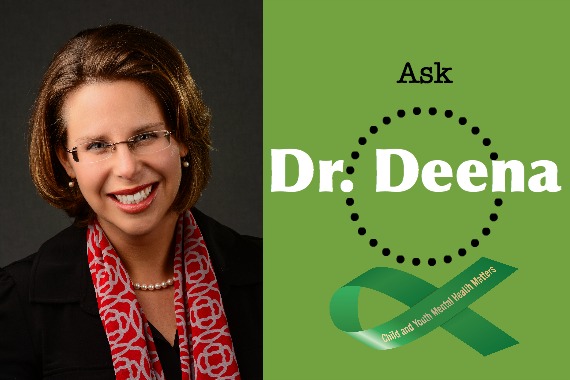28
May
2015
2015
Top Three Tips to Help Your Child Build Better Friendships
by Dr. Deena Abbe, Ph.D.
As parents, we want the best for our children. We want the best education, the best toys, the best friends etc. However, what happens when we can’t give them that, when we can’t dictate their friendships or even help our kids to keep their friendships healthy and thriving? It’s the hardest thing to watch your child try and fail, or not try at all. Yet, there are things you can do and ways to help your child succeed in their friendships. I hope my top three tips prove useful to you and your child.
1. Check your ego at the proverbial door. It’s not about you. Sometimes we want our children to like whom we like, or be friends with the type of kids we weren’t able to build friendships with when we were younger. This isn’t about that, after all, they have their own needs and wants. Our job is to steer them into making healthy decisions. They don’t need to gravitate to the richest or the most popular kids, and that’s hard for some parents to understand. True, healthy, thriving friendships should always be the goal that every parent seeks for their child. Sometimes our children choose to engage in friendships that we think are not the best options for them. Step back, encourage and support them; let them know that you’re there. The friendship may continue for a long time or it may abruptly fail. It will be difficult to see your child hurt but this real life experience helps them learn best. As long as they are safe, let them engage in that opportunity to gain experience and learn more about healthy friendships with the group they have chosen to be with.
2. Find their group where they are at. If your child gets along better with younger children, so be it. The friendship skills are similar. Getting them comfortable in their own skin, with their own developmental peers, is more important. Remember, it’s best for your child to have one or two good friends than to continually try to break into many other unhealthy friendship groups.
3. Find their passion. This is often harder, because it may change monthly, or daily. So don’t go spending tons of money on hockey equipment at first, try to rent or find some used. Expose your kids to many different types of activities and know that something will stick. It may not happen today, it may not happen in a year and that’s ok. The more exposure to various activities, the better rounded your child will become. The wonderful added bonus in this approach is that it gives your child even more exposure to different peer groups and a greater chance for them to find their niche.
Remember, above all, a calm, loving and supportive parent is most important. Everything else will come in time.


 Ask Dr. Deena your questions through any of these channels:
Facebook:
Ask Dr. Deena your questions through any of these channels:
Facebook: